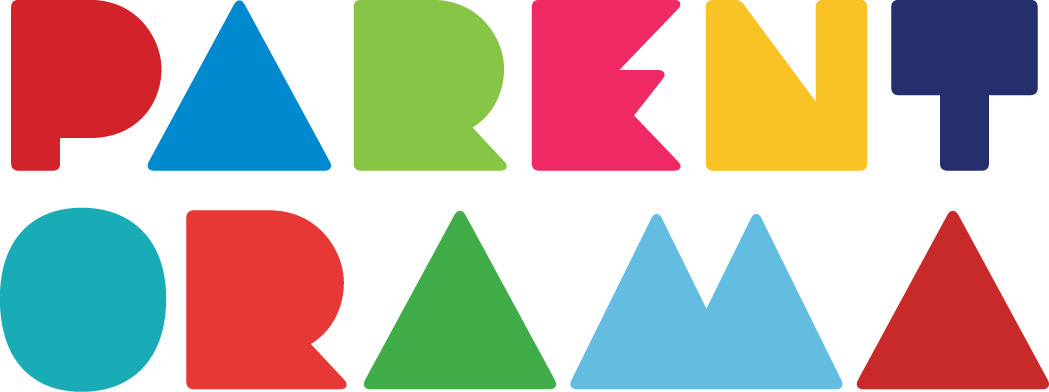Our Body Image
If you are a teenager, you may gradually notice or have already noticed significant changes happening in your life. This is because adolescence is a period of intense transformation, with physical changes being among the most significant.
You may observe your childhood body transforming and slowly resembling that of an adult man if you are a boy or an adult woman if you are a girl. Some teenagers may feel unprepared for the “metamorphosis” they are expected to embrace. It might be helpful to know that these changes are due to hormones your body produces—specifically androgens if you are a boy and estrogens if you are a girl.
Recognizing the changes in your body is a necessary stage you are going through. This might explain why you spend considerable time in front of the mirror, observing your body, monitoring its changes, and examining your appearance. This way, you become acquainted with your body and your self-image. The next step is accepting the changes and the new image you observe. Accepting these physical changes can help you positively deal with the evolving appearance of your body.
Think about how you would answer the following questions:
- How do I feel about my body? What idea do I have about it?
- How do I see my body in the mirror? What is its realistic appearance?
- How would I like my body to be? What physical proportions do I consider ideal?
- How do others perceive my body?
The image you have constructed of your body is shaped by how you would answer questions like these.
This image is closely connected to your overall self-image and influences your behavior in various areas of life, such as your relationships with the opposite sex, your relationship with your parents, peers, and those you consider important, your relationship with food, your interests, emotions, confidence, and self-esteem.
You may already see that your body helps you gradually leave childhood behind. It is important to accept your body and develop a realistic self-image. This will help you love your body and improve your confidence. On the other hand, a negative body image—especially one that doesn’t reflect reality—can not only fail to help but may also harm your self-esteem.
Remember, the “ideal body” might not be what you see in the mirror, but this does not mean it deserves negative feelings. What is truly important are your personality traits, abilities, strengths, skills, and talents. Expressing your emotions, forming personal opinions, articulating them, solving problems, and building interpersonal relationships are some of the personality traits you could focus on.
If imperfections in your body bother you, consider whether there are more important matters than the shape and weight of your body.
Finally, remember that respect for diversity and our right to be different are values and a way of life.



